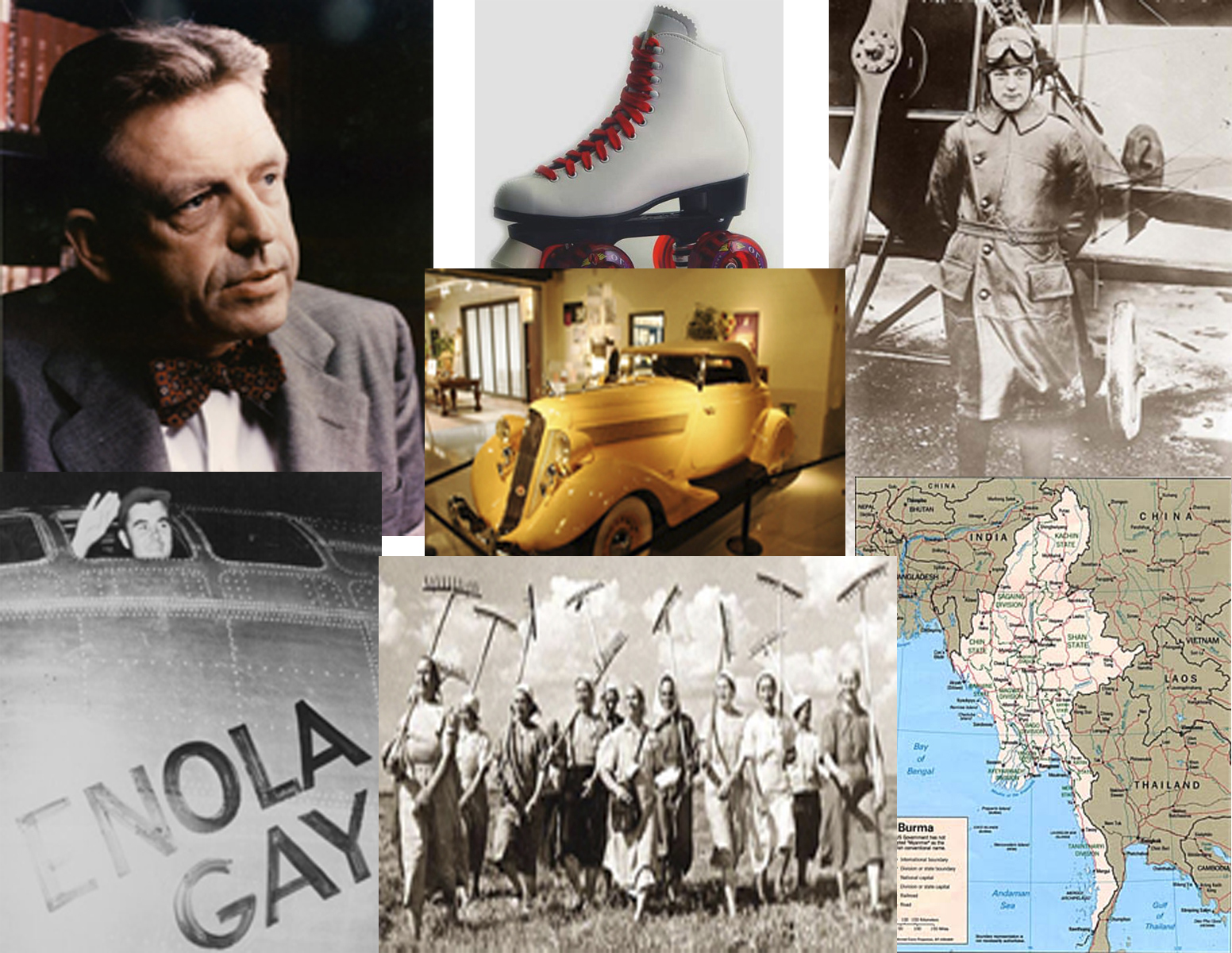1. Economic History of Indiana in the Twentieth Century, 1976-1980 164 Interviews
Indiana University Center for the Study of History and Memory
This project contains information about local, state, national, and international economic enterprises, focusing mainly on businesses and industries located in and/or originating in the state of Indiana. Some of the industries discussed are the Indiana limestone industry, the local oil industry, coal mining, agriculture, railroads, the automobile industry, banking, insurance, steel production, and supermarkets. The local economic impact of industry and business on a community, unionization, and the workforces of each industry are also discussed.

